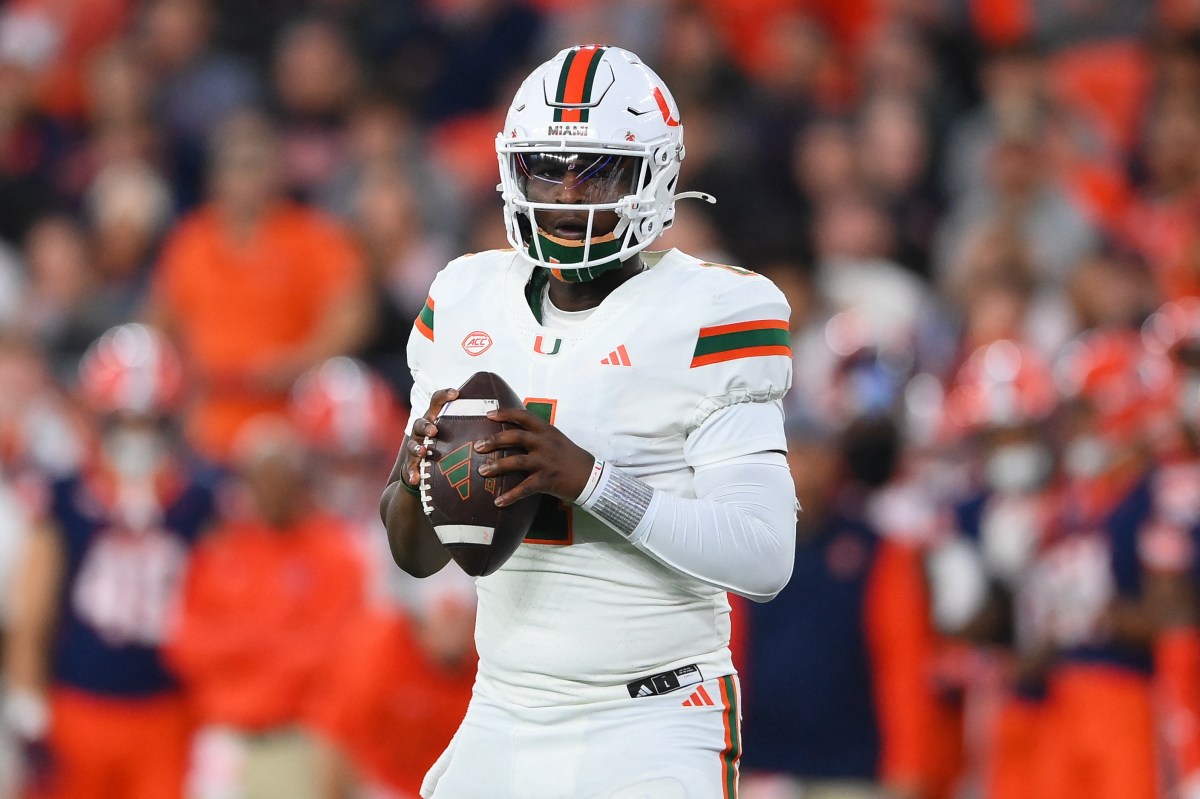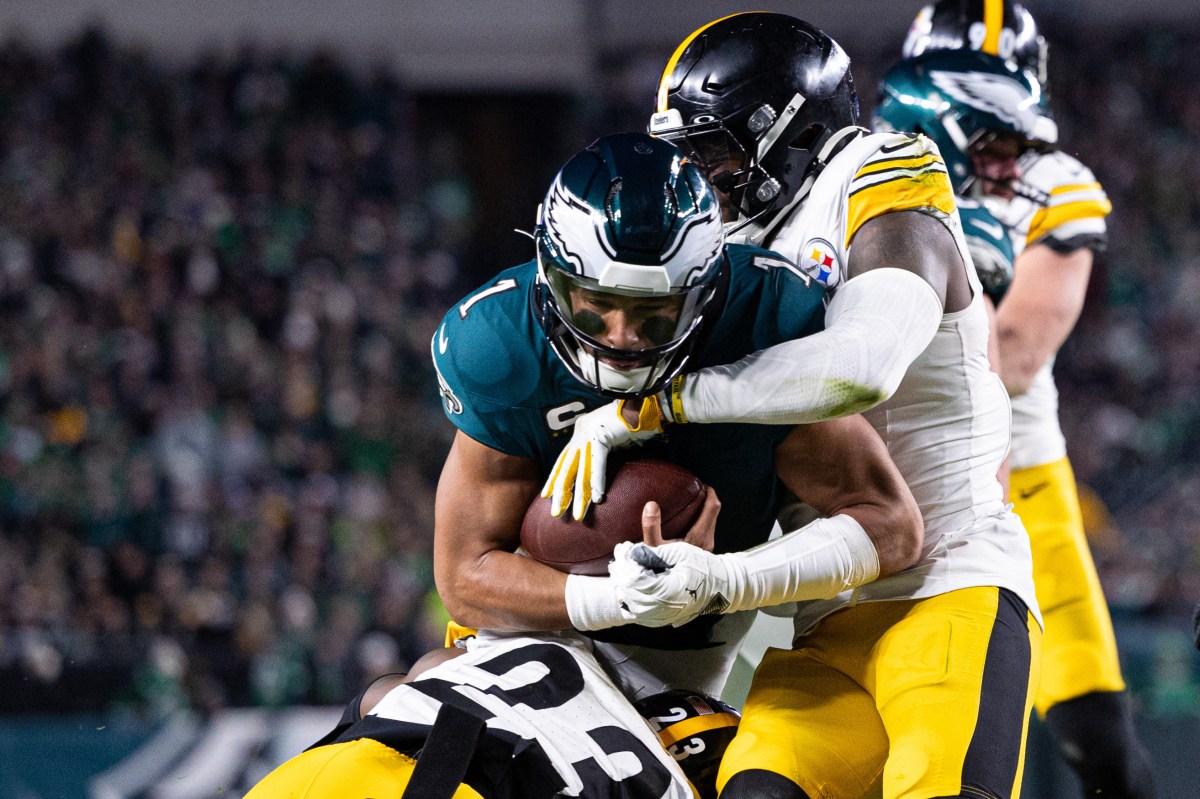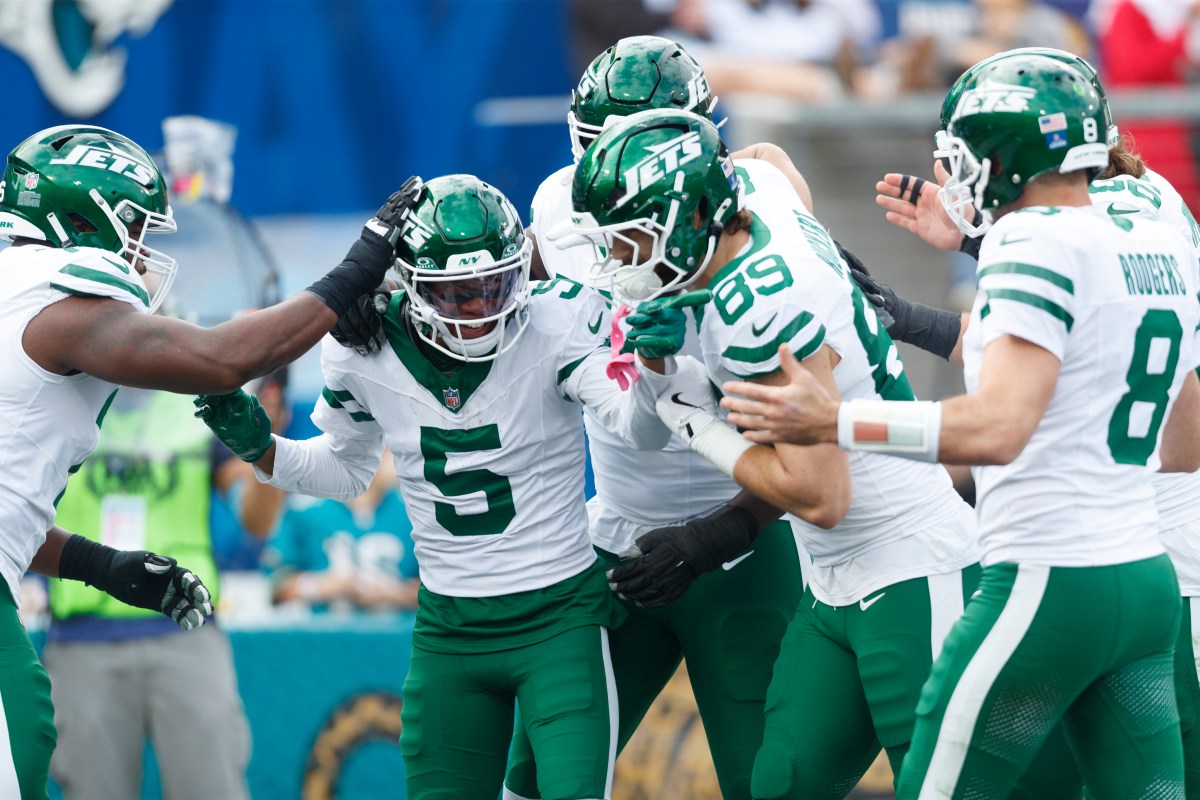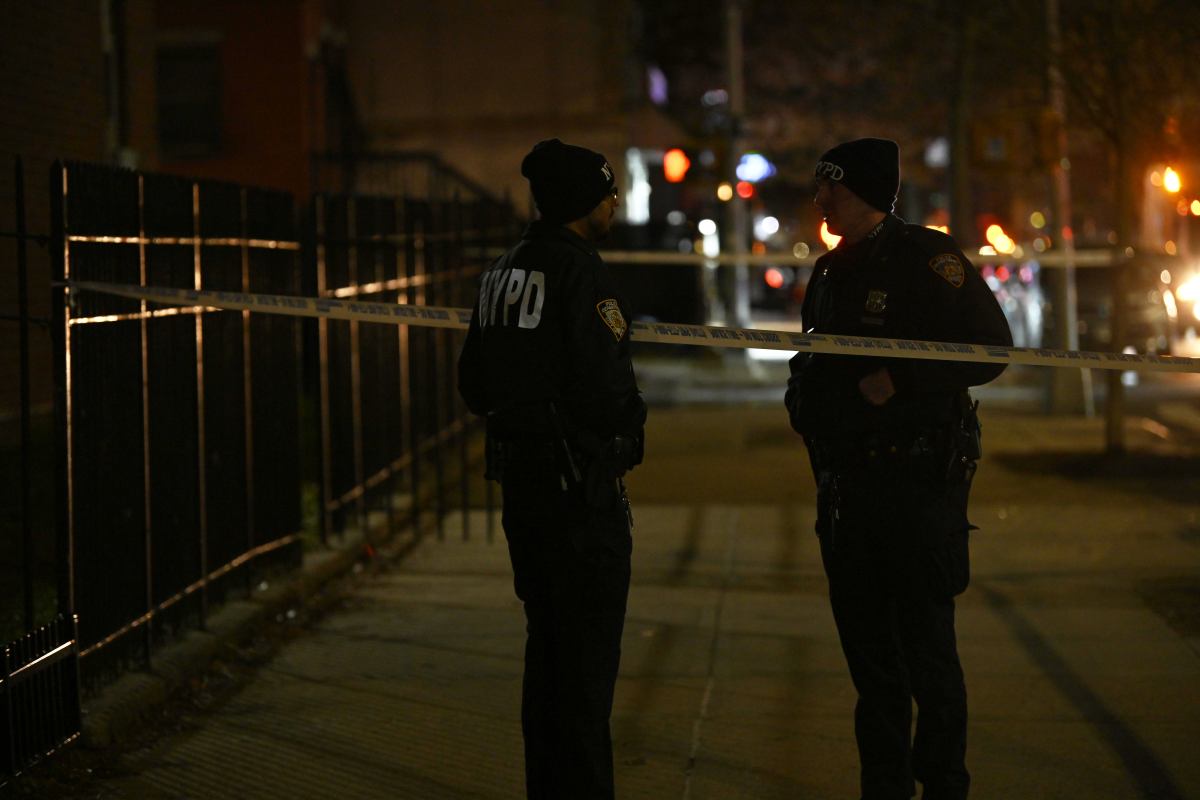For John Cho, “Star Trek Beyond” isn’t just another “Star Trek” movie. A few weeks ago it was made public that his character, Hikaru Sulu, third officer and helmsman of the Starship Enterprise, would be revealed to be gay, with a husband and an adopted daughter back home. In the film the revelation is a tiny moment, but while it’s made many happy, it’s enraged others, including the original Sulu himself, George Takei. For Cho, he sees it as a case in which a group that’s underrepresented in TV and film can finally see themselves onscreen. At three films in, have you become a Trekkie? RELATED: Review: “Star Trek Beyond” gets a rickety series back on track Given that, how do you interact with the deeply passionate fans? There’s that classic “Saturday Night Live” sketch where William Shatner berates Trekkies at a conference, which I’m sure isn’t entirely accurate. The original series was a reflection of the social and political divide in the late 1960s. What do you think this says about today, when we’re in a similar situation? The original show was very casual in the way it presented an ethnically diverse cast. And they do the same thing with introducing Sulu’s husband in “Beyond.” Perhaps inevitably, if depressingly, there’s been some angry pushback from homophobes. Have you read any of that? Movies and television are still short on prominent Asian-American characters. There was even a meme called “Starring John Cho” that Photoshopped you into posters of movies starring white men. Do you think Hollywood is finally listening?
Not really. I like the series, but I’m not built to be a deep fan of anything. That’s just not me. I can’t retain a lot of details. I certainly admire it, though, and I’m a fan.
There’s a level of truth to that. But it’s also much more diverse and much deeper than I would have imagined. Sometimes you shake hands with people and they ask you for the combination to Kirk’s locker. But it’s deep, it’s multi-generational. I’ve met a lot of very different people over the years. I’ve discovered there’s a gay “Star Trek” fanbase. It’s very diverse.
“Star Trek” has endured 50 years, and perhaps one reason it has is it appeals to our better nature as a species. That’s an irresistible message, particularly right now. It was relevant in the late 1960s; we were coming off a very tumultuous period of American history. And we’re in the middle of one right now. It’s useful to be reminded of our similarities as opposed to our differences.
I had concerns about that, about the way it would be handled. Now that I look at it, it really came together in the way I had hoped, which is in an almost off-handed throwaway scene. It was really important for me as a kid to see George [Takei] as an Asian-American guy when I watched the reruns of “Star Trek.” I wasn’t really seeing myself onscreen. Seeing Sulu was a watershed moment for me; I was very encouraged by it. Similarly I hope young queer folk will be encouraged by seeing themselves up there.
No. [Laughs] It seems unhealthy.
To a certain degree, although I must say I have mixed emotions when I talk about the degrees of progress. In the same breath that I will admit there has been progress, I’ll say it’s not nearly what it’s supposed to be. We’re talking about an era when we’re still putting white actors in yellowface. There are markers of progress but also disturbing signs of recidivism. Sometimes I feel like Moses standing outside of Canaan thinking [future generations] will see the promised land but I never will.
John Cho on why making Sulu gay was a great thing
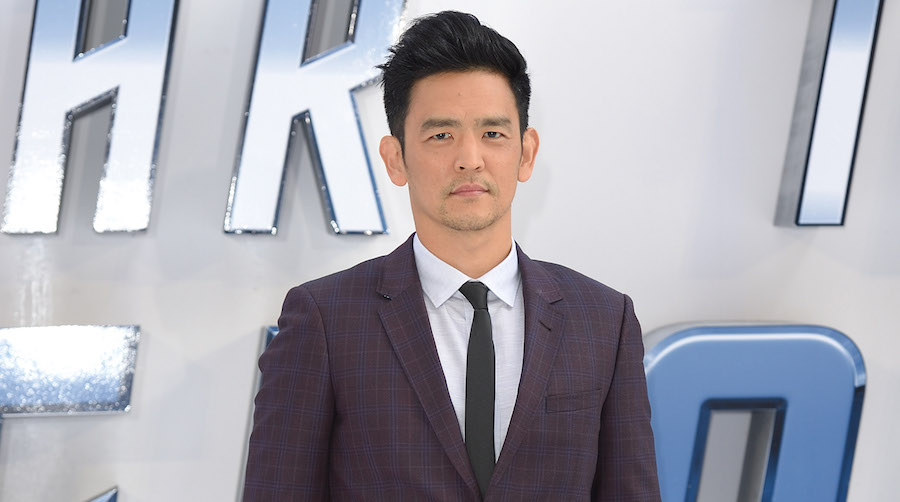
Getty Images
Follow Matt Prigge on Twitter @mattprigge







